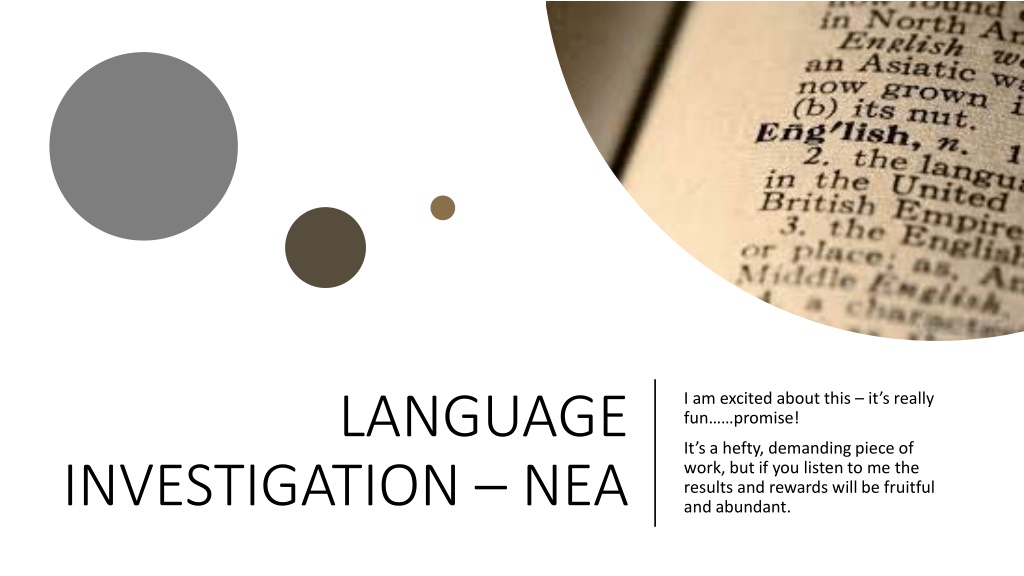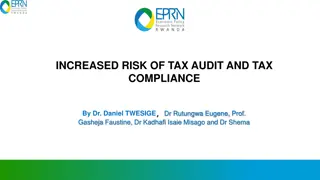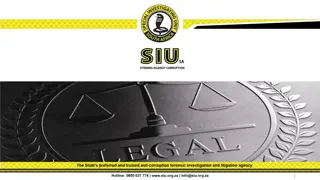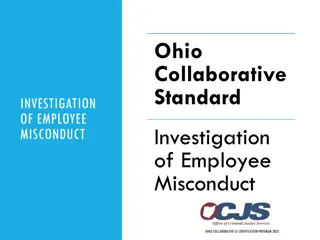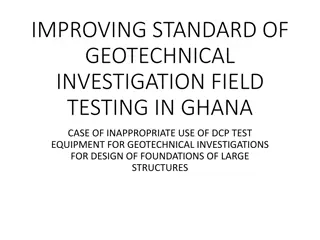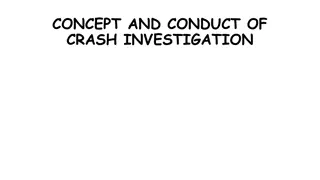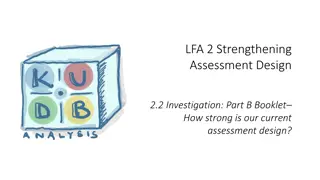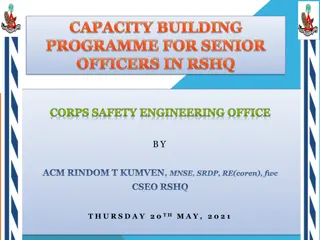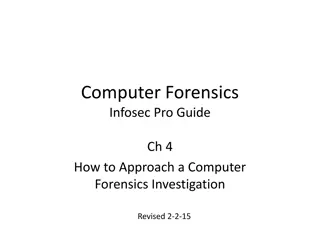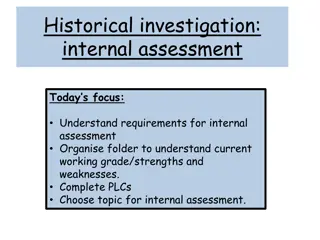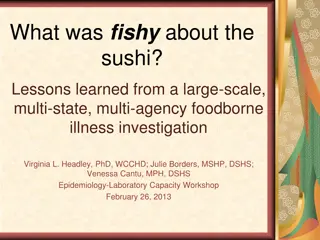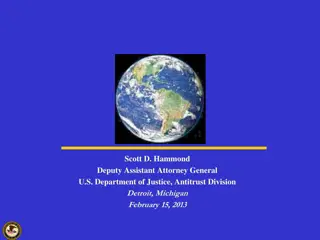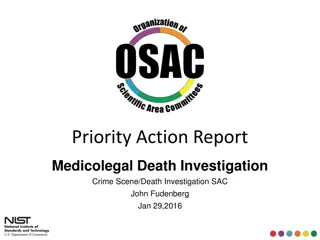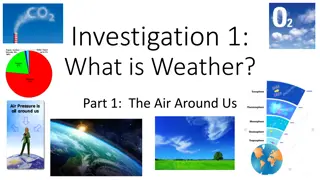Exploring Language: A Comprehensive Investigation
Delve into the world of language through a comprehensive investigation of 2,000 words, excluding data. The investigation covers areas like introduction, aims, methodology, data analysis, conclusion, evaluation, bibliography, and appendices. Choose a specific focus such as genre-based, function-based, attitudes-based, or user-based investigation. Students can explore various aspects of language, from representations to historical changes, with the potential for fruitful rewards.
Download Presentation

Please find below an Image/Link to download the presentation.
The content on the website is provided AS IS for your information and personal use only. It may not be sold, licensed, or shared on other websites without obtaining consent from the author. Download presentation by click this link. If you encounter any issues during the download, it is possible that the publisher has removed the file from their server.
E N D
Presentation Transcript
LANGUAGE I am excited about this it s really fun promise! It s a hefty, demanding piece of work, but if you listen to me the results and rewards will be fruitful and abundant. INVESTIGATION NEA
What do I need to produce? What do I need to produce? A language investigation (2,000 words excluding data) Introduction This should outline the topic and justify its significance. It should clarify what question(s) the investigation explores or the hypothesis it tests. It should place the investigation within a particular area of study and state what levels of language will be explored. Aims The investigation should clarify what it is trying to find out. Methodology The investigation should provide an evaluative explanation of how data has been collected and analysed. Data The data used in the investigation must be presented. Recordings of spoken data must be available. Analysis The body of the investigation will report the findings of the analysis of the data. Conclusion The investigation should clarify what has been found out with regard to the aims and question (s) or hypothesis. Evaluation A brief analysis of the successfulness and validity of the methodology should be presented. It may be appropriate to indicate further research that might be carried out if more time and words were available. Bibliography A list of primary and secondary sources used in the investigation should be provided using a standard academic format. Appendices It may be appropriate to submit processed versions of the data to illustrate how analyses have been arrived at.
What area could I focus on? Students may choose to pursue an area of individual interest. For example, this might include studies of: representations of different individuals, social groups or nationalities regional dialect gendered talk the language of new communication technologies children s language use norms and variations in usages of different kinds the language of the media code switching and mixing between English and other languages the language of different occupations or pastimes historical changes in English over time 1.A genre-based investigation: what are the distinctive features of this type of language use? 2.A function/use-based investigation: what is the language used to do? 3.An attitudes-based investigation: how do people feel about this language? 4.A user-based investigation: who uses this type of language?
Students will need to decide what kind of data they collect: spoken language written language multimodal language word lists (ie lists of new words etc) attitudes to language uses of language views about language Investigations need a specific focus, for example: the writing of two children aged 8 features of the Devon dialect, based on a survey the language of wedding ceremonies from two different cultures the language of teachers reports the language used in three different advertisements for a particular product how stories are told in a particular comic how travel guides represent a particular community the language of sports commentary how turn-taking works in real-time writing online language patterns in the names of shops
1. Keep it manageable. Dont make it hard yourselves! Your questions need to be really specific. You also need to be able to collect your data in a fairly short space of time. If you are planning something too ambitious and time- consuming, it will be hard to do it. Think about the resources you have around you? Who/What is available to you! 2. This is your project. Pick something you are interested in! Is there an area of the course so far that you've found particularly interesting? Is there something you do outside playing/coaching a sport, online gaming, working, reading a certain genre of books/graphic novels/magazines, TV/films that you are obsessed with - that you can investigate linguistically? Some of the very best investigations come from things that students are really interested in. 3. Read around your topic/subject You should aim to find out as much as you can about the area you are investigating. Who has researched in this field before? What studies have been carried out? Are there any approaches or methodologies that you can learn from? Use the textbooks, student handbooks and emagazine archive for ideas. 4. Be independent. Stick to deadlines!
Have a look a the example titles. Have a look a the example titles. Are there any that stand out for you? How could you adapt them to suit your own interests? Start mind-mapping some ideas!
Example investigations 1. A study of the language techniques used by Great British Bake-Off judges when commenting on the cakes produced in the final rounds of the competition, focusing on politeness, directness and possible gender differences. 2. An investigation into the language of female boxers during interviews to see if stereotypes about female communication are true for these women. 3. A comparison of the language used by three children of different ages when responding to the same task, focusing particularly on the stages of development they are at and their ability to use vocabulary and grammar. 4. An investigation into the ways in which different political parties and pressure groups represented the EU during the 2016 referendum across their campaign literature. 5. A study of ways in which local newspapers in 3 different areas represent their local dialect and accent in reports about varieties of English. 6. A comparison of how Maybelline adverts change over a 75-year period in their representation of female beauty. 7. An investigation into the messaging styles of 3 different age groups when using WhatsApp. 8. An investigation into the ways that the language of Twitter arguments differs from those carried out face to face. 9. An exploration of the different language techniques used by three supermarkets to represent their values to the general public on their official websites. 10. A study of the linguistic techniques used by rugby commentators in a radio commentary compared to an online commentary from the BBC website. 11. What are the effects of neologisms in prose fiction? An investigation using Clockwork Orange and 1984
Language Investigation hammering down your ideas. The process. Think about the big gender, power, occupation, social groups etc. You might start with a broad question. How do women and men use language differently in certain situations? How do children of different ages show different levels of language ability? How does the language of a certain kind of advertising change over time? How is immigration represented in different newspapers? What language devices are used by people when communicating via social media? Think about the sorts of data you could collect and analyse in relation to this area. Sections of newspaper articles, interview transcripts, instagram posts, adverts What specific areas language study might you focus on? Which frameworks/language levels will you analyse? Will your focus be on lexis & semantics, syntax & morphology, phonology, pragmatics, discourse structure, graphology, interactional features, or a mixture of these? Will it be specific features of language within these headings, such as adjective use, tag questions, hedging, narrative structures etc? Think carefully about defining what you mean by language. We will probably need to see both depth and range to award the highest marks.
Tues 25th Sep What is your focus/area of investigation? Homework What are your primary texts? Data? - How are you going to collect it? A small paragraph to outline your intentions.
